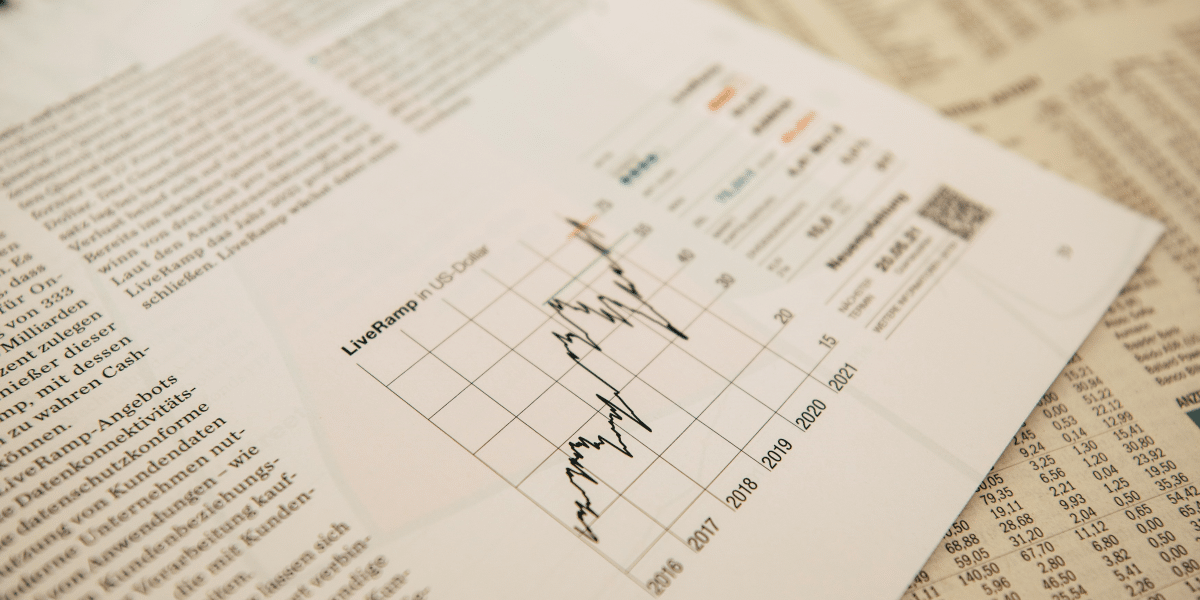Forget togas and chariots for a sec. Let’s delve into the fascinating – and often surprising – economic engines that powered some of history’s most impressive empires. From the Nile to the Tiber, ancient civilizations buzzed with trade, innovation, and a surprisingly sophisticated understanding of how to manage resources. It turns out, there’s more to these societies than meets the gladiator sandal.
Ancient Egypt’s economy was all about the Nile. This predictable, life-giving river made agriculture the backbone of their society. Egyptians weren’t just good farmers, though; they were skilled administrators. A vast bureaucracy tracked harvests, doled out grain, and ensured a steady flow of resources to fuel their growing civilization. “The Egyptians were like the original spreadsheet nerds,” jokes an archaeologist specializing in the economic life of ancient Egypt. “They kept meticulous records and understood the importance of managing resources for the long haul.”
But Egypt wasn’t an isolated kingdom. They traded extensively, their rich Nile bounty fetching high prices. Gold, ivory, and exotic animals flowed in from Africa, while papyrus (the world’s first paper!) and luxury goods were exported. This trade wasn’t just about fancy baubles; it was essential for a society heavily reliant on the Nile’s sometimes-capricious moods. “Trade diversification was key,” explains an economic historian. “By not relying solely on the Nile, they protected themselves from droughts or floods.”
From Coin Flips to Concrete
Move over, bartering! The Romans were the coin kings. Their standardized coinage, the denarius, facilitated trade across their vast empire. This innovation made commerce smoother, taxes easier to collect, and the Roman economy a powerhouse. But the Romans weren’t just about minting money; they were also brilliant engineers.
Roman concrete revolutionized construction, allowing them to build roads, aqueducts, and public buildings that still stand today. This infrastructure boom not only boosted trade but also helped solidify their control over their sprawling empire. “Think of Roman roads as the original information superhighways,” says a historian. “They moved goods, people, and ideas faster than ever before, making the Roman economy a truly global force.”
Ancient civilizations weren’t immune to economic woes. Overexpansion, dependence on a single resource, and warfare all played a role in their eventual decline. The Roman Empire, for example, became so vast it was difficult to manage. Constant military campaigns drained resources, and inflation eroded the value of their once-mighty denarius.
Similar stories played out in other civilizations. Resource depletion, environmental damage, and a failure to adapt to changing economic realities all chipped away at empires’ foundations. “There’s a lesson here for modern economies,” says an economic analyst. “Just like the ancients, we need to be innovative, adaptable, and mindful of the long-term health of our resources. There’s no such thing as a free lunch, even in an empire.”
A Legacy that Endures
History books often focus on the battles and conquests, but what fueled those armies? What allowed those stunning temples to be built? The answer lies in economics. Ancient Egypt and Rome, despite their vastly different cultures, understood that an empire isn’t sustained by military prowess alone. Their complex trade networks, tax systems, and innovation in fields like agriculture and engineering were the engines that allowed those iconic empires to flourish.
The decline of these empires is also instructive. It’s tempting to blame everything on a few power-hungry rulers or a decisive battle. But digging deeper, we often see economic cracks in the foundation. Overspending on wars, neglecting infrastructure, or an economy too reliant on a single resource (like gold mining) all contributed to their eventual downfall. “History teaches us that economic mismanagement is a recipe for instability, no matter how grand your monuments,” remarks an economic historian.
The lessons from these ancient civilizations aren’t just for history buffs. Modern nations face similar challenges: striking a balance between investing in the future and short-term needs, ensuring trade benefits citizens, and managing resources sustainably. The ancients didn’t have economists with fancy graphs, but they intuitively understood how important a healthy economy is to a thriving society. And hey, we can all appreciate the importance of a reliable road network – just ask anyone stuck in rush hour traffic!









